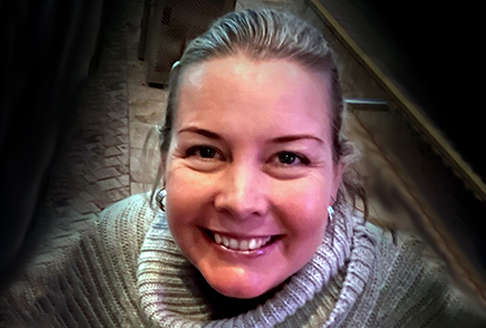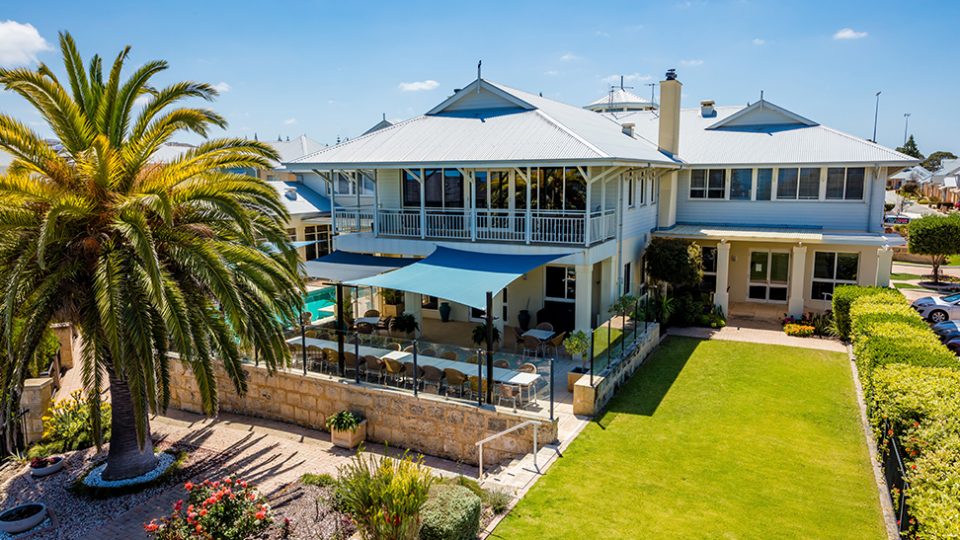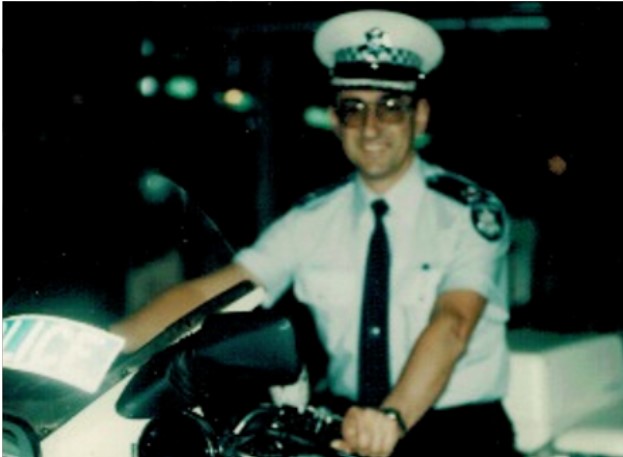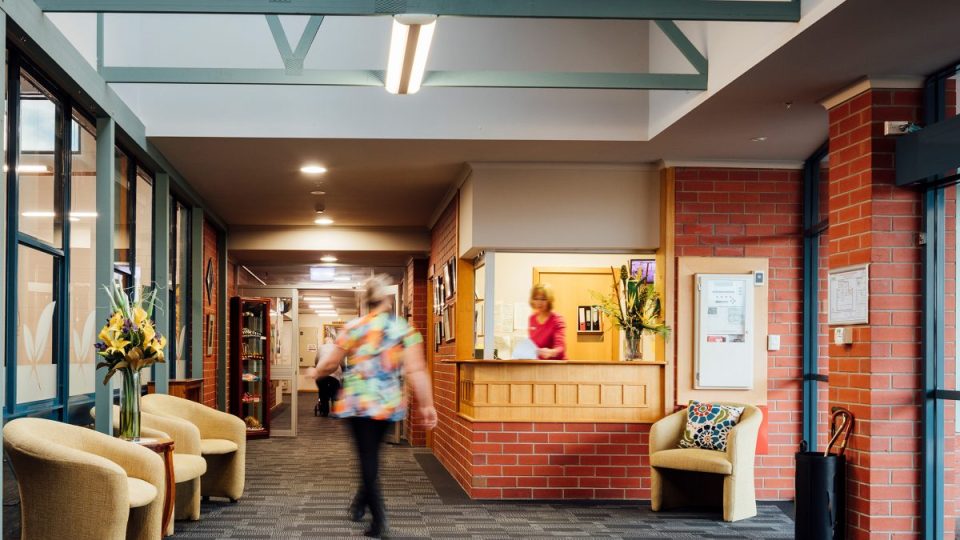World Mental Health Week (9-17 October) - Faces of Baptcare #23: Melanie Fisher, PC&S
- 10 Oct 2022

What does a typical day look like for you?
My days are never the same, which I am grateful for! My team and I catch up regularly to keep projects and programs moving ahead, I address key issues within the organisation, meet with stakeholders about their thoughts and needs, and I sit on some committees…and of course the emails!
Did you always want to work in the People and Culture space?
Yes! It started in my early 20s with a passion for recruitment – placing people in the right role and contributing to their livelihood. I find supporting others and making a difference to their lives very rewarding. I built my career firstly in Melbourne and then in London, before finally completing a Chartered Institute of Personnel and Development (CIPD) qualification in the UK.
What did you want to be when you were a little girl?
I always wanted to be a Psychologist or Counsellor, and counsel people through mental health and life challenges. I fulfilled my dream of becoming a Counsellor when I returned to university in my early 30s and gained a Master of Counselling at La Trobe and worked as a Counsellor for around five years.
What do you like about working in the PC&S space?
Now that I’ve combined my counselling skills with my PCS skills, I enjoy being able to connect and contribute more through a behavioural and wellbeing lens, as well as the technical lens. It’s a great opportunity to be creative and design programs that fit our people – not just take a cookie cutter approach. PCS is the advocate for everyone; I am here for the organisation and I’m here for every employee within that organisation. I love being able to make coming to work a positive experience – one that is fair, engaging and meaningful.
What are three things that have surprised you in working in this space recently?
The levels of resilience shown by our frontline workers is truly amazing! Perhaps I’m not surprised at how strong they are but more in awe. I’m also happily surprised that PCS is being more and more recognised in organisations as an integral part of business. This has created a lot more opportunities for PCS professionals to flex the skills we have. I think the pandemic has really bought that to the fore. And again, I’m happily surprised that people are taking time to reflect on what is important to them and making career and job changes that suit them. This does hit businesses by way of attrition, but as we sit in the midst of the ‘Great Re-Shuffle’ I think we are also well placed to gain fresh new talent and experience as well.
What do you think is the most important aspect of a good work culture?
Strong and healthy leadership is one of the most important aspects of building a good work culture. The other is where people really understand the purpose or mission of their role. It’s one thing to say, ‘I’m the People Operations Manager and I do XYZ’ but another to say, ‘My role contributes to the wellbeing of the community, as I develop programs, initiatives and structures for our people to work safely and effectively within.’ Safety – psychological and physical – also plays a key role. But culture is not just about one thing, which makes it even more interesting to assess and build upon.
We assume you’ve done a lot of interviewing in your time – what is the most quirky question you’ve been asked or memorable candidate?
There have definitely been some I’ll never forget, on both sides! People are so interesting in that way. But I think the most memorable candidates or interviewers are the ones you meet and connect with and think ‘I want to work with you – this is going to be great’.
Do you have a favourite mentor in the PC&S space?
I have some key people that I love to hear from. My manager in London mentored me at a really pivotal point in my career and I am forever grateful for his belief in me. My current manager is also an amazing mentor. Thinking about both of those people, they are humans first and also have this great amount of experience and wisdom. Experience without the human connection is pretty dull. I truly value that realness about them.
Do you have a motto in life?
My favourite quote is ‘This too shall pass.’ It embraces you enjoying the moment when it’s a happy one, and knowing that when things aren’t feeling so good, that will pass too. It helps keep perspective.
Who is your idol?
The late Dr Wayne Dwyer is someone I really admire and respect. He is calming and spiritual and intuitive, and has helped me through tough times. But this might sound cheesy – my Mum is my idol! She is the most amazing angelic person with the strength to carry the weight of the world.
Community news
-

BaptistCare to acquire Keyton’s Western Australian retirement village portfolio
BaptistCare is pleased to announce that we have entered into an agreement to acquire Keyton’s portfolio of retirement villages in WA.
- 13 Nov 2025
-

Spotlight on Residents: Reg Baker
At Baptcare, we are always delighted to learn more about our residents’ lives. They are often filled with excitement, joy, and adventure, and it truly reminds us how rich a person’s life is—and continues to be—when they join one of our residential aged care communities. Today, we are honoured to share the remarkable story of one of our residents, Reg Baker, who lives at Baptcare Peninsula View Residential Aged Care community.
- 10 Nov 2025
-

Staff spotlight | Leonie Irvine – 35 years of service in aged care
Leonie is one of our dedicated Lifestyle Assistants at Karingal Residential Aged Care community in Devonport, Tasmania. She recently celebrated an incredible milestone - 35 years of continuous service at Baptcare. In a sector where long-term service is increasingly rare, Leonie’s 35-year journey stands out as something truly special.
- 10 Nov 2025
